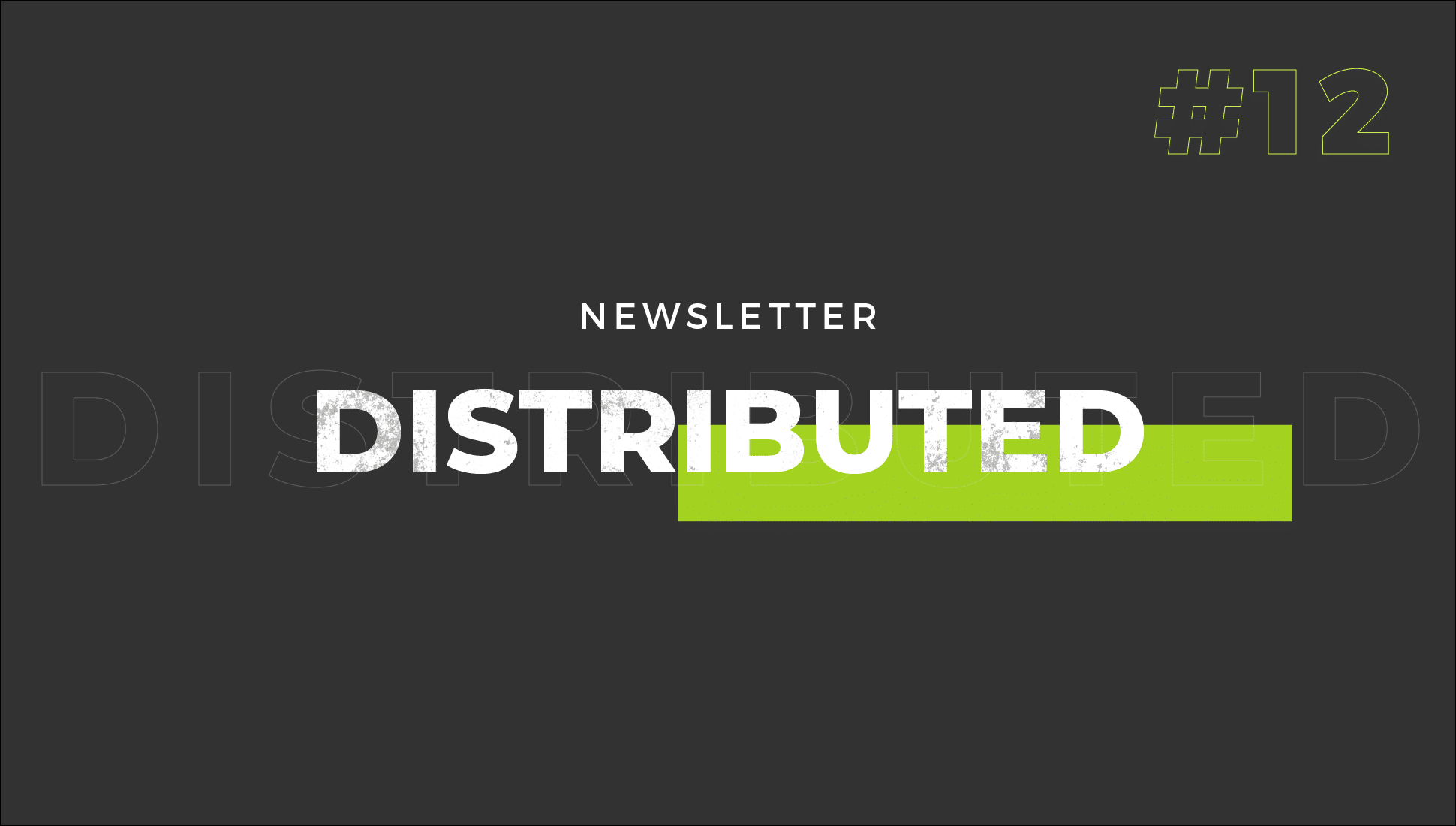“Do you have any examples of work in our industry? Anything you can share about a company just like us?”
I hear this question in sales conversations so often that it kind of makes me smile to hear it. It almost always happens right after we discuss how unique the prospect’s business is, how different their industry is from everyone else, and why no one ever seems to understand how to solve their problems.
I understand where the thought comes from, as well. It seems to make logical sense that a company who works exclusively with businesses just like yours would have the best solutions to move your business forward. However, there is some very interesting research that suggests the only way to find unique success is bringing in an outside perspective that provides new points of view. While specializing in industries may be a simple go-to-market strategy, it is not the approach we’ve found to yield the best business results.
Harvard said what?
I’m a millennial, and my generation gets picked on a lot for being “job hoppers.” Twelve months in one role, two years in another, just one quarter in the next—it can look like a negative job trait. However, viewing it through the lens of researchers at the Harvard Graduate School of Education shows it in a different light.
In 2017, a group of researchers set out to determine whether there was a different path to success than the old standard of striving for excellence and becoming an expert in one field. More importantly, they wanted to know what that second path could be if it did exist. In their work, titled The Dark Horse Project, the researchers interviewed a variety of extremely successful individuals across a wide range of fields. These people included chess masters, expert martial artists, business coaches, chefs, musicians, and many others. What the Harvard team found was that these people had a wide array of interests and had worked in many different industries, culminating in the extreme success they found in providing a unique perspective in their long-term field.
For example, Hanneke Antonelli, a successful life coach who serves executives, began her career as a foreign exchange money broker in London before moving to Wall Street. She then worked as a pilates instructor before becoming a business and life coach. Talk about divergent paths leading to ultimate success!
Are you saying I want to hire people who jump around?
We all know that hiring and onboarding new employees costs a lot of money. To combat these costs, businesses strive to create work environments that are fulfilling and, in turn, increase retention rate—thereby decreasing cost, increasing performance, and optimizing business results.
We call this process employer branding, and its main focus is to create a work culture that increases retention, engagement, and ultimately revenue for the business. If half your team turns over every one to three years, it is going to make it pretty difficult to run a successful business. All this is to say that trying to gain new perspectives by hiring new personnel isn’t prudent.
Rather than think about turning over talent for the sake of gaining “new perspectives,” focus on retaining them and looking outside for unique perspective and expertise. One simple solution? Finding a marketing partner that can aid your team with fresh thoughts, ideas, and feedback.
Looking across our own clients at Element Three, we’ve developed skills that are applicable to all industries—lead generation, sales enablement, and product launches, just to name a few. Whether the business is insurance, banking, or outdoor adventure, the principles and framework used to craft these plans remain the same.
Our most impactful relationships share a few of the same traits:
There is an internal team member who owns marketing—and they stay consistent.
This person is our point of contact on the inside and acts as an extension of the Element Three team inside of the business. We work with them to determine strategy and direction, and to understand what we will execute and what their business will execute. Sometimes, we even help them hire another employee when it is appropriate, or help find a part-time freelancer for a specific service.
Marketing is viewed as a business-impact center.
Marketing can only work with real internal commitment to its success. There has to be belief within the business that marketing can move the business forward, not just eat up budget. Otherwise, you can’t count on budget, you can’t count on resources, and honestly you can’t count on marketing work persisting over the long term.
The internal culture wants to win.
It isn’t about remaining stagnant. It’s about growing and meeting (and exceeding) business goals, and marketing is looked at as a driving force behind those results. Again, marketing has to be seen as a force for moving the business forward, rather than a money sink.
None of those traits are unique to one industry—so neither are we.
A better way to shop for a partner.
The question that immediately follows this is, “Okay, so I don’t have to necessarily look for industry expertise, but how do I know whether the company can help me or not?”
It’s a fair question. It is really tough as a buyer to know where to start. To get around this, some businesses choose to rely on Requests for Proposal, or RFPs. Typically when a business uses an RFP, they are trying to get a feel for the companies in consideration and to know more about what they have to offer.
The most common thing I hear during an RFP process is, “I just want to be able to compare the companies next to each other on paper.” The challenge is that business doesn’t happen on paper. It happens in meetings, conversations, and relationships. It happens across or around a table (or on Zoom) working on strategy and making important decisions that will move the business forward. It is impossible to know whether that relationship is going to be the right one from looking at a couple sheets of paper that describe the company’s officers and if the potential partner is an LLC or an S corp.
Rather than spending the time and energy on a big RFP, just have a meeting. Call your potential partners and schedule time to talk with each of them by phone, video, or in person. These meetings will clearly indicate whether or not there is a relational fit; you can also learn about some of the work each potential partner has done, and how that work is relevant to the business opportunity at hand. You can’t learn the complete picture, gain all the context, and understand the main business problem being solved simply by reading a case study online. It is just too much to pack into one piece of content.
Next time you buy, rethink the questions you’re asking.
Rather than ask, “What industry experience do you have?” try asking broader questions such as:
- What is the approach the company takes to solving X, Y, or Z problem?
- How is team assignment determined?
- Who does the company do its best work for?
Those three questions, when unpacked fully, tell a far more in-depth story than any industry-specific case study or work example ever will.






